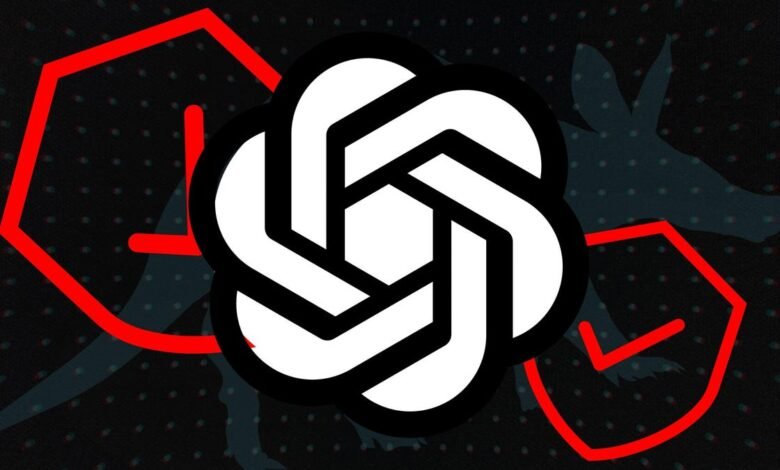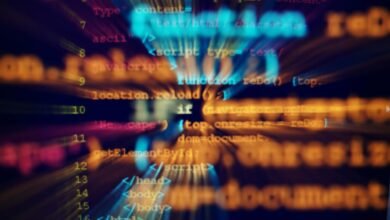OpenAI’s ‘Aardvark’ AI Agent Automates Cybersecurity Research

▼ Summary
– OpenAI has launched Aardvark, a cybersecurity researcher agent powered by GPT-5 that is currently in private beta.
– Aardvark helps security teams by discovering, explaining, and assisting in fixing security vulnerabilities in codebases.
– The agent works by examining repositories, identifying vulnerabilities through code analysis, and proving them in a sandboxed environment.
– It provides users with Codex-generated patches for vulnerabilities, which are then reviewed and implemented by humans.
– Aardvark is available to select partners in private beta, with OpenAI using feedback to improve detection accuracy and workflows.
OpenAI has introduced Aardvark, a new AI-powered cybersecurity researcher designed to automate the discovery and remediation of software vulnerabilities. This agent leverages GPT-5 and is currently available in a private beta to a select group of partners. Aardvark aims to address the growing challenge of managing tens of thousands of new vulnerabilities discovered annually across enterprise and open-source codebases.
Initially developed as an internal tool for OpenAI’s own developers, Aardvark earned praise for its ability to clearly explain security issues and guide users toward effective fixes. According to Matt Knight, a Vice President at OpenAI, the positive internal feedback indicated the tool’s potential for broader application.
Aardvark operates by connecting directly to a code repository, where it performs several key functions. It begins by analyzing the repository to grasp the purpose and security context of the codebase. Next, it scans both historical and newly committed code to identify potential vulnerabilities. As it works, the agent annotates the code to explain each issue it uncovers, allowing human reviewers to understand and validate its findings.
To confirm that a vulnerability is genuine, Aardvark tests it within a secure, sandboxed environment. This step helps verify whether the issue can actually be triggered, and the results are tagged with metadata for easier filtering and deeper investigation. Finally, the system assists in generating fixes by using OpenAI’s coding assistant, Codex, to produce patches that have also been scanned by Aardvark. These proposed solutions are then presented to developers for review and implementation.
Access to Aardvark is currently limited to invited participants in the private beta program. OpenAI plans to use this initial phase to gather user feedback and enhance the tool’s capabilities, focusing on improving detection accuracy, refining validation workflows, and expanding overall functionality.
(Source: ZDNET)





